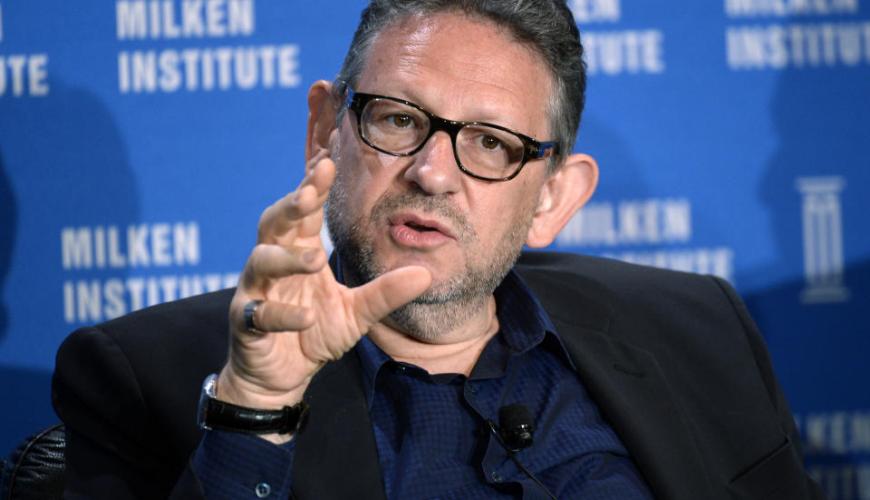AI's Impact on the Music Industry: Opportunities, Concerns and the Ongoing Debate
- 27 February 2024 2:00 AM

Leading music record labels are grappling with the implications of burgeoning artificial intelligence (AI) implementations in their industry. The impact of AI on artist protection, specifically, has sparked a ripple effect following Universal Music Group’s (UMG) recent decision to withdraw its songs from TikTok.
On February 1, UMG cited concerns that artists were inadequately protected from AI exploitation on the platform. The label Accused TikTok of swamping its platform with AI-generated music tracks while demanding contractual rights that could potentially reduce royalties earned by human artists. This decision has sparked a divisive debate within the industry about how to respond to the proliferation of AI in music.
While UMG's competitors, Warner Music and Sony, have remained uncommitted in this disagreement for now, their perspectives may emerge in Universal's fourth-quarter earnings report for 2023.
With musicians ranging from Taylor Swift to Drake under their banners, these music giants wrestle with the AI paradox impacting various creative industries. Artists are increasingly apprehensive that AI could exploit their names, voices, and likenesses without consent to produce AI-generated tracks.
In a February 2 House Judiciary subcommittee hearing, country singer Lainey Wilson voiced her concerns about AI exploitation. Several artists have already experienced unauthorized use of their voices, sometimes posthumously, without familial consent.
Wilson, a Best Country Album Grammy awardee, advocated for legislation providing federal-level protection for individual voices and likenesses. Last month, U.S. Representatives tabled the No Artificial Intelligence Fake Replicas and Unauthorized Duplications Act (No AI FRAUD Act). The act aspires to create a protective framework against unethical AI applications.
Music producer and director Malik Yusef suggested the legislation needed fortification. He advocated for automatic copyright provision to artists when an AI version of their voices or likenesses is created.
TikTok has openly defended its stance, disparaging Universal's withdrawal as unfortunate and asserting it had pro-artist agreements with Universal's rivals. Warner Music's CEO expressed confidence in Universal and TikTok's ability to resolve their differences. However, if all labels opted to remove their music from TikTok, they could potentially gain leverage against the tech giant.
Producer and songwriter Printz Board encouraged labels to reclaim control, believing it would drive the industry towards a stronger position. He emphasized the limitless creativity inherent in artists, suggesting that any perceived threat by AI could be surmounted by creative adaptation.
Several industry stalwarts indicate AI could complement traditional songwriting. Justin Tranter, Grammy-nominated songwriter and record label founder, urged his peers to embrace AI as a beneficial tool rather than a threat. Similarly, Rance Dopson, renowned music director, and film score producer, opined that a balanced model enabling humans to participate in intellectual property creation can make AI a valuable addition, rather than a job killer.
Underneath these diverse perspectives, the ongoing fracas underscores a shared concern about ethically leveraging AI in music while protecting and rewarding human creators.
